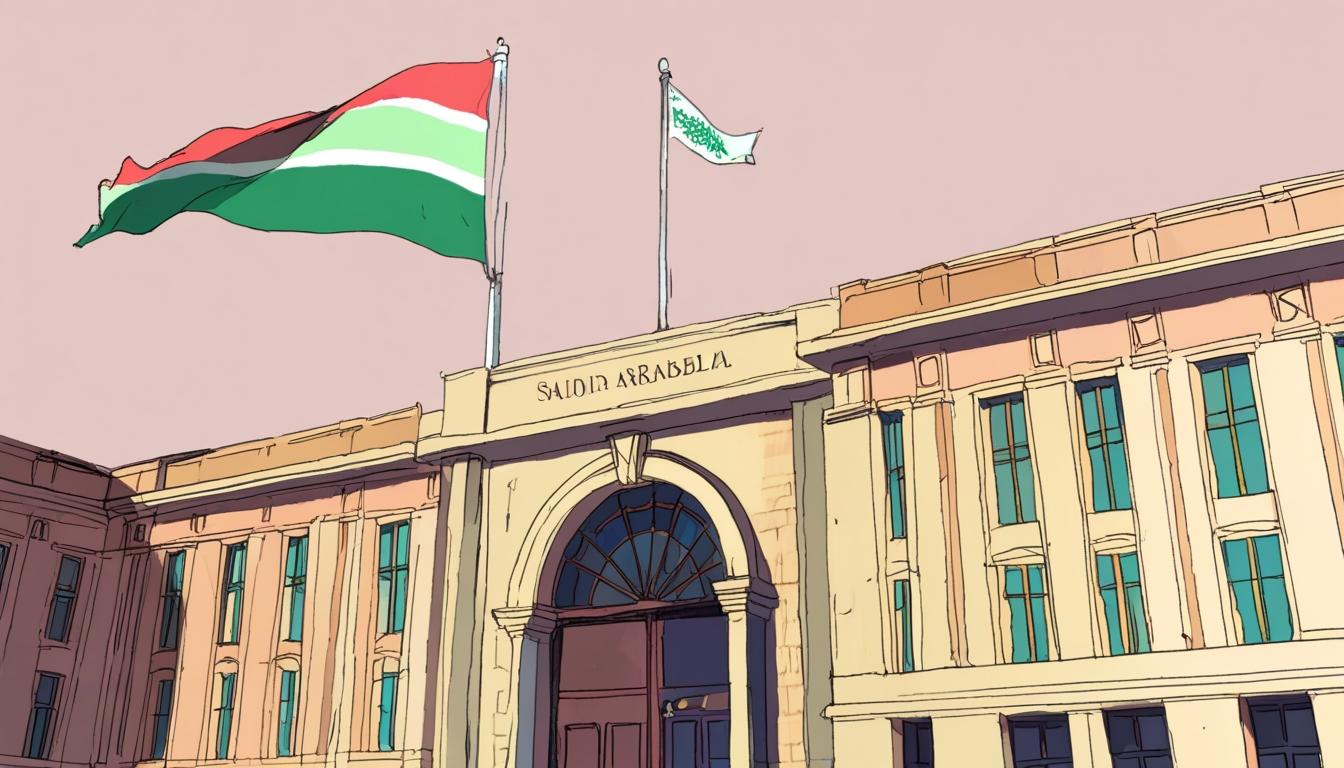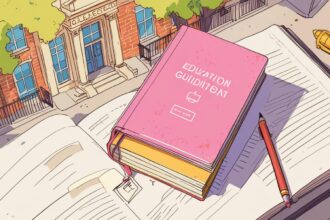The council’s pursuit of investments from Saudi Arabia raises ethical concerns amidst ongoing human rights issues, prompting criticism from advocates and local stakeholders.
Newcastle City Council is under fire for its pursuit of investments from Saudi Arabia, a move that raises serious concerns about the ethical implications of such ties. The council’s intentions come against the backdrop of Newcastle United’s controversial takeover in 2021 by a consortium led by the Saudi Public Investment Fund (PIF), a maneuver widely criticized as an attempt to utilize sport as a façade to obscure the kingdom’s dismal human rights record.
The negative repercussions of this relationship were starkly highlighted during Newcastle United’s recent Carabao Cup victory, where PIF governor Yasir al-Rumayyan was seen celebrating alongside the club’s players. Critics, including human rights advocates, argue that such displays not only ignore the authoritarian actions of the Saudi regime but also divert attention from the plight of individuals like Manahel al-Otaibi, a fitness coach imprisoned for championing women’s rights in the kingdom.
In defense of these dealings, Pam Smith, the chief executive of Newcastle City Council, claimed that turning down investments based on human rights concerns would restrict the council’s ability to provide for its residents. She asserted, “You have to keep in mind why you are doing these things… It should be recognised as a global city where everyone can thrive.” However, this justification feels alarmingly hollow when weighed against the ongoing abuses perpetuated by the Saudi government.
While discussions about potential investments—including new infrastructure projects—are on the table, tangible results remain elusive. Council leader Karen Kilgour admitted to having no direct conversations with Saudi investors, yet insisted that every proposal would be scrutinized individually. This raises the glaring issue of accountability; the onus for addressing human rights violations should not fall solely on the national government, as local leaders appear too willing to overlook serious moral dilemmas in pursuit of capital.
Human rights organizations, such as ALQST, have expressed strong discontent over the council’s approach, accusing it of squandering opportunities to advocate for ethical governance. Deputy director Josh Cooper criticized the council’s reluctance to hold the Saudi regime accountable, contending that such a stance only serves to undermine their credibility and betray those suffering under oppressive circumstances.
Adding to the hypocrisy, the council has indicated its intent to sever ties with a sister city in China over human rights abuses with regard to the Uyghur population. Yet, this same moral compass seems conveniently absent when it comes to the much-publicized relationship with Saudi Arabia. John Hird of the NUFC Fans Against Sportswashing group raised crucial questions regarding the reputational damage to the city stemming from its engagement with a regime notorious for its human rights violations.
Kilgour has reiterated the council’s commitment to condemning human rights abuses on a global scale while emphasizing a focus on diplomatic engagement at the national level. However, this position begs for clarity; claiming that their relationship is solely with the club rather than its owners does little to alleviate concerns over the wider implications of local decisions on international human rights issues.
As the relationship between Newcastle City Council and Saudi Arabia continues to evolve, the tension between local economic ambitions and global moral responsibility remains palpable. Stakeholders must reflect on the disturbing alliance at hand, as investments from oppressive regimes increasingly compromise the integrity of our institutions. The PIF has yet to provide commentary as this contentious dialogue unfolds, leaving many questioning the values guiding such investments.
Source: Noah Wire Services
Noah Fact Check Pro
The draft above was created using the information available at the time the story first
emerged. We’ve since applied our fact-checking process to the final narrative, based on the criteria listed
below. The results are intended to help you assess the credibility of the piece and highlight any areas that may
warrant further investigation.
Freshness check
Score:
9
Notes:
The narrative references recent events, such as Newcastle United’s 2021 takeover and its 2023 Carabao Cup victory, indicating that the information is relatively recent.
Quotes check
Score:
6
Notes:
Pam Smith’s quote is noted but lacks an online reference from an earlier source. Quotes from other figures like Josh Cooper and Karen Kilgour also lack prior source attributions.
Source reliability
Score:
8
Notes:
The narrative originates from Chronicle Live, a reputable local news source in the UK, known for covering regional issues.
Plausability check
Score:
9
Notes:
The allegations of human rights issues involving Saudi Arabia are well-documented, making the narrative plausible. However, specific details about ongoing negotiations might require further verification.
Overall assessment
Verdict (FAIL, OPEN, PASS): OPEN
Confidence (LOW, MEDIUM, HIGH): MEDIUM
Summary:
The narrative raises valid concerns regarding Newcastle City Council’s engagement with Saudi Arabia, following a timely and well-documented issue. While generally plausible, specific statements and quotes lack direct verification from earlier sources.













